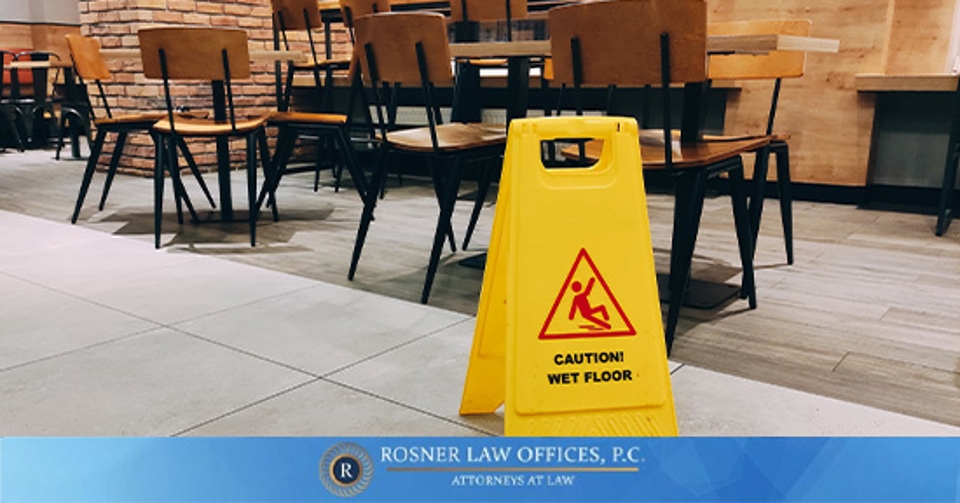After a car accident, you may experience significant and life-changing injuries, resulting in pain and suffering both now and in the future. If another person’s negligence caused your crash, then you may have a right to seek compensation for your injuries, as well as pain and suffering. While some damages like lost wages and medical bills are easy to understand, many people have no idea how to account for pain and suffering. Therefore, you need a New Jersey auto accident lawyer who can help you understand how the courts will calculate pain and suffering in your particular case.
What Exactly Is Pain and Suffering?
Simply put, pain and suffering are any type of physical or emotional stress a person experiences after an accident. It is important to recognize that pain and suffering extend far beyond physical stress. For example, the courts also consider the emotional and mental pain and suffering of the victim as well. In addition, the courts may consider any future pain and suffering the victim may still endure due to the crash. This can include depression, PTSD, physical pain, disability, impairment, loss of activities, and the loss of enjoyment of life.
Assessing Pain and Suffering Damages
Since pain and suffering comes in many forms, calculating the amount of damages in a car accident case can be difficult. Unlike medical expenses, there are no receipts detailing the cost of an accident victim’s pain and suffering. As such, it is up to the courts to determine the best way to compensate an accident victim for their suffering.
When determining pain and suffering damages, the courts examine many different types of evidence. This includes:
- The physical pain an individual feels
- Interference with normal living
- Shock of the injuries
- Extent of the injuries
- Mental anguish
- Limitations on enjoying life
- Limitations on pursuing one’s hobbies and activities
- Impairments on physical health
- Future risk of harm
- Current and future disabilities
- Loss of the ability to work
Fortunately for New Jersey crash victims, there is no cap on the maximum amount of money a court can award for pain and suffering. However, in many cases, there are insurance coverage limitations to consider. Thus, it is up to the court, and usually, a jury, to decide how much compensation is appropriate to award the victim.
Collecting Evidence to Support a Pain and Suffering Claim
Placing a monetary value on pain and suffering is not easy or automatic. As such, evidence plays an important role in the process of calculating pain and suffering damages. Therefore, your New Jersey auto accident lawyer will need to present many forms of evidence to substantiate a claim for pain and suffering. Forms of acceptable evidence include:
- Photos of auto accident injuries
- Medical diagrams and demonstrative exhibits showing the injured body parts
- Medical records explaining the injuries and how the accident caused them
- Prescribed medications
- Documentation of lost time at work
- Expert testimony
- Lay testimony from family, friends, and coworkers describing your ability to participate in activities both before and after the collision
Due to the nature of pain and suffering claims, it is important to have an experienced law firm in your corner from the start. He or she will need to begin building your case and compiling the evidence needed to win maximum compensation.
Contact Our New Jersey Auto Accident Lawyers
Are you suffering from an injury in a New Jersey auto accident? If so, then the at-fault driver should pay your medical expenses, as well as lost wages. In some cases, injured accident victims can collect compensation for their pain and suffering. At Rosner Law Offices, P.C., our New Jersey auto accident lawyers can answer all of your questions after a serious auto accident. Call us today at (856) 502-1655 or fill out our confidential contact form to schedule a free consultation. You can also text us with your information for a prompt response. We look forward to getting to know you better and helping you through this difficult time.





